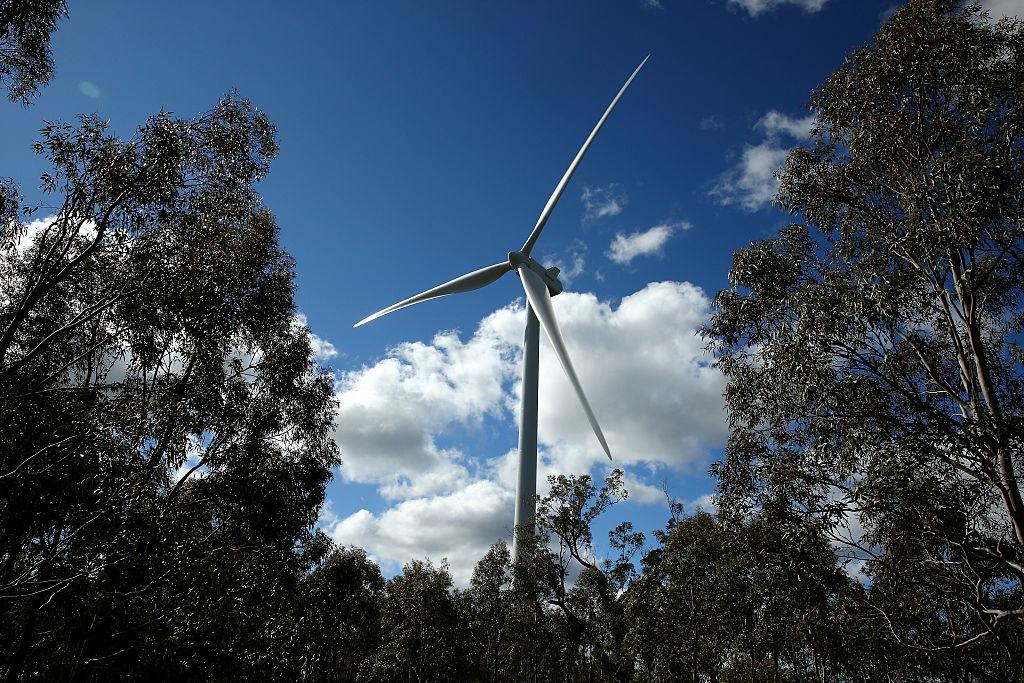The government of the Australian state of New South Wales (NSW) has revealed that its plan to replace coal-fired power stations and transition to renewable energy will be subject to higher costs and delays.
In her briefing on the Labor government’s network infrastructure strategy, NSW Energy Minister Penny Sharpe expressed concerns that the project would cost more and take longer time to complete than when it was proposed in 2020.





